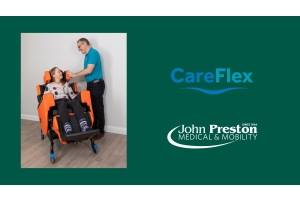- Home
- Blog
- Latest news
- Heart Month 2024 | Blood Pressure Awareness
Heart Month 2024 | Blood Pressure Awareness
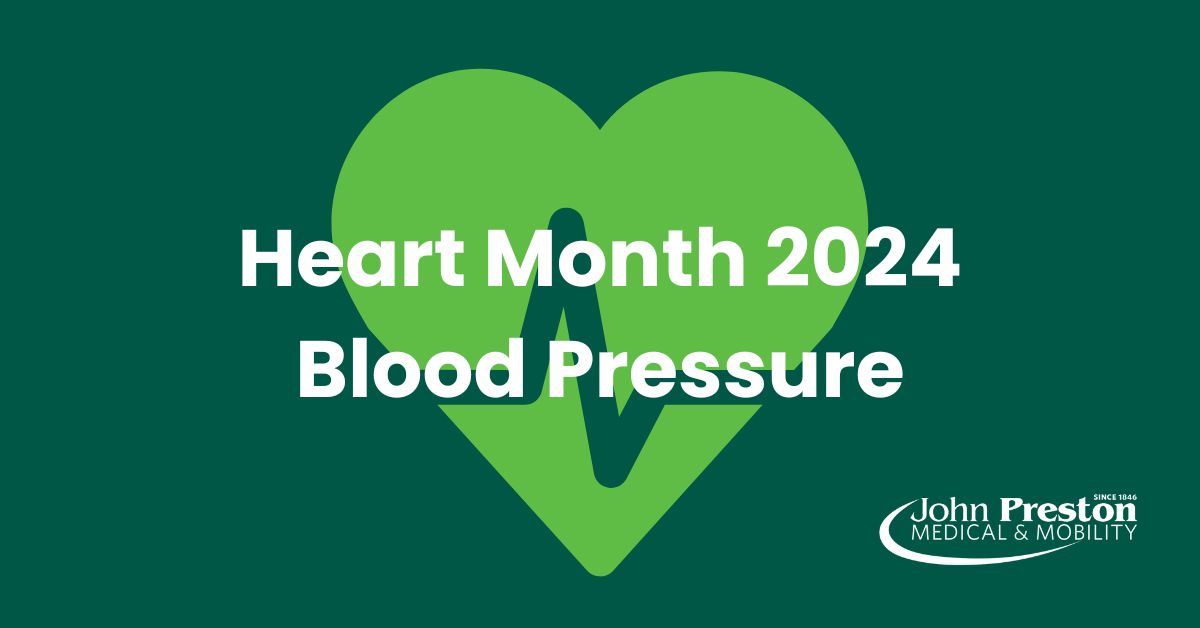
Blood pressure is a measure of the force that your heart uses to pump blood around your body.
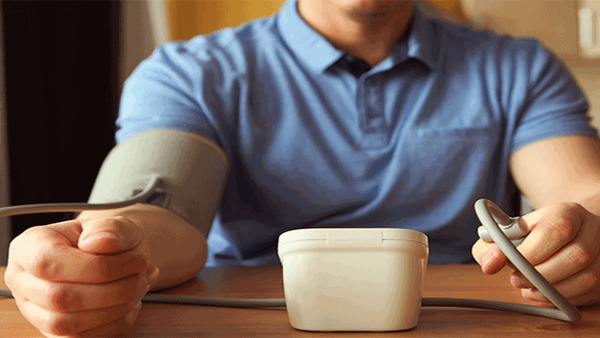
How is blood pressure measured?
Blood pressure is measured in millimetres of mercury (mmHg) and is given as 2 figures:
- systolic pressure – the pressure when your heart pushes blood out
- diastolic pressure – the pressure when your heart rests between beats
For example, if your blood pressure is "140 over 90" or 140/90mmHg, it means you have a systolic pressure of 140mmHg and a diastolic pressure of 90mmHg.
As a general guide:
- ideal blood pressure is considered to be between 90/60mmHg and 120/80mmHg
- high blood pressure is considered to be 140/90mmHg or higher
- low blood pressure is considered to be below 90/60mmHg
High blood pressure
High blood pressure (hypertension) is often related to unhealthy lifestyle habits, such as smoking, drinking too much alcohol, being overweight and not exercising enough. Left untreated, high blood pressure can increase your risk of developing a number of serious long-term health conditions, including strokes, heart attacks and coronary heart disease. You also risk damaging the blood vessels in your kidneys or eyes.
Low blood pressure
Low blood pressure is less common. Some medicines can cause low blood pressure as a side effect. It can also be caused by a number of underlying conditions, including heart failure and dehydration.
Our marketing executive Ian talks about his recent hypertension experiences.

Hi, I'm Ian, part of the marketing team here at John Preston. While high blood pressure runs in my family, I had never had any concerns when I had mine checked at the doctors. Although I had recently turned 40, I've never smoked, I rarely drink and thought it was just something other people get. My husband is studying for a degree in medical science and for an assignment research, tested my blood pressure on a whim.
My blood pressure was 183/45.
I thought it might have been a fluke so tested it again over the next few days and it stayed consistently high. I visited my GP who confirmed I was sitting at Grade 2 hypertensive; but I'd had no symptoms. My only sign was a dull headache that I put down to dehydration. I was prescribed medication and sent for further tests including a 24hr BP monitor and ECG scans on my heart and kidneys. Although the sustained increased blood pressure had thickened the walls in my heart slightly, thankfully there was no major damaged caused.
Over a year later, I still take medication daily. I try to watch what I eat and try to improve my activity levels, I also practice mindfulness to aid with stress. High blood pressure can be hard to self diagnose so regular check ups at your GP or investing in a home BP monitor should form part of your health and self care routine.
Blood Pressure Monitors
Known professionally as a sphygmomanometer, blood pressure monitors and measures can vary, from the manual cuff & pump you might see in your doctor's office, to digital versions in clinics or for home use. Keeping a regular check on your blood pressure, especially if you are at risk, is vitally important. We have a range of monitors, including wrist worn and monitors with ECG functionality, to aid in keeping your BP at a healthy level. Digital monitors are especially useful as they given an easy to understand reading and many keep a history of your readings or can share them with your smartphone app.
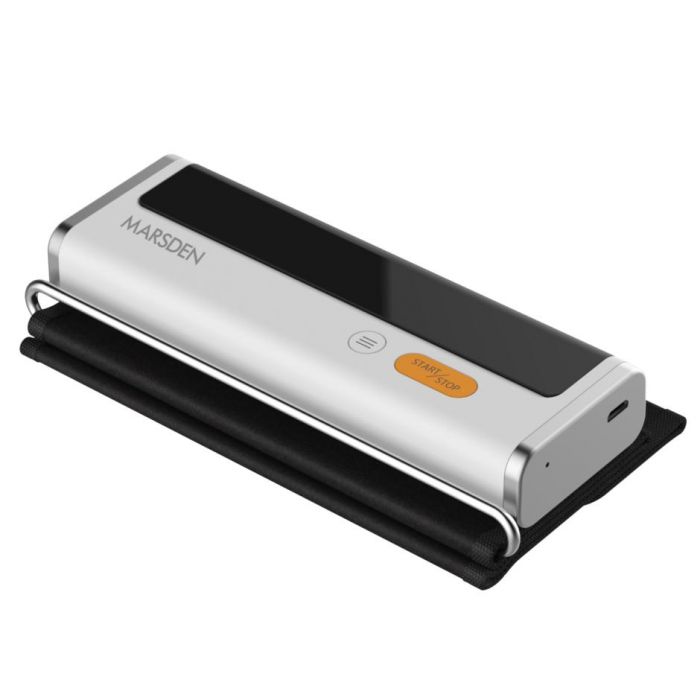
Marsden BP2 Blood Pressure Monitor with ECG
A clinically approved blood pressure monitor with an in-built ECG machine. This simple and easy to use device is FDA and MDD Approved, the BP2 can record arrthymia, hypertension and can share readings to your smart phone via the dedicated app.
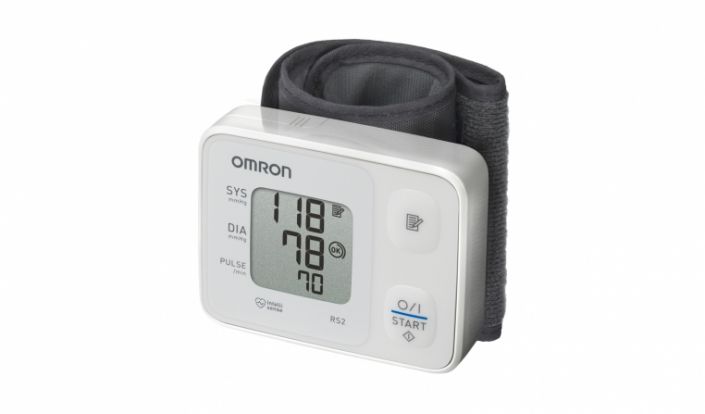
Omron R2 Wrist Blood Pressure Monitor
The OMRON RS2 wrist blood pressure monitor is fully automatic and provides an easy and convenient way to check your blood pressure.
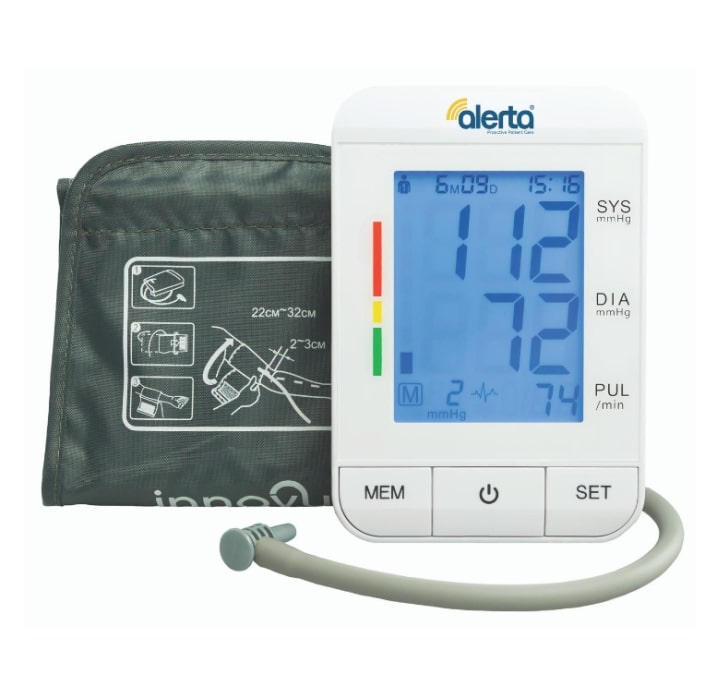
Alerta Digital Blood Pressure Monitor
The Alerta Digital Blood Pressure Monitor is easy-to-use with automatic inflation and deflation, it's comfortable to wear and provides a clinically precise reading in seconds.

Vehicle First Aid Kits - know the law and buy online
Vehicle First Aid Kits are covered by British Standard BS8599-2 and if you carry passengers commercially in your vehicle you are required to carry a suitable First Aid Kit. Three sizes of Motorist...

First Aid Room Equipment and supplies - we have everything you need
First Aid Room equipment and supplies are available from us with delivery available throughout the UK and Ireland. We carry everything you need to either set up your first aid room or to resupp...

Heart Month 2024 | AED Defibrillators
February is National Heart Month. We can all do our part in keeping our hearts healthy, from watching our diet, keeping active and being knowledgable of family history of heart disease and conditions....
- Conferences (14)
- Events (23)
- Hobbies (7)
- Latest news (600)
- Assisted Living (37)
- Happy Customers (72)
- Paediatrics in Ireland (75)
- News (32)
- Handcycling (35)
- Bulk Buy (2)
- Product Focus (162)
- Careers with John Preston Healthcare Group (13)
- Specialist Seating (62)
- Heritage (7)
- Powerchairs (67)
- Mobility Scooters (92)
- Moving and Handling (48)
- Wheelchairs (208)
- Care Home Supplies (39)
- Sensory Northern Ireland (7)
- First Aid (8)
- Walking Aids (24)
- Medical Equipment (25)
- Heart Defibrillators (3)
- Special Needs Equipment (48)
- Special Needs Buggies (19)
- Akces-Med (6)
- RGK (56)
- Walk-In Bathtubs (4)
- Wheelchair Power Add-On (36)
- Disability Sport NI (23)
- Shower Chairs (7)
- Bariatric Mobility Equipment (6)
- Standing Aids (5)
- Mobility Technology (39)
- Scotland (105)
- England (39)
- Self Balancing Wheelchairs (2)
- Pressure Mapping (2)
- Travel Scooters (28)
- Bariatric (7)
- Riser Recliner Chairs (11)
- Special Needs Trikes (43)
- Folding Electric Wheelchairs (27)
- Progeo Wheelchairs (7)
- Folding Mobility Scooters (42)
- All Terrain Mobility Equipment (30)
- All Ability Cycling (25)
- Physiotherapy (25)
- Occupational Therapy (33)
- Beach Wheelchairs (7)
- Electric Bikes (6)
- Spare Parts (6)
- COVID 19 (6)
- Firefly (16)
- Tomcat Trikes (32)
- Motability (11)
- Wheelchair Sports (17)
- Northern Ireland (33)
- Ireland (9)
- Disability Sports (10)
- Paediatrics (16)
- Holidays (5)
- Sleeping (11)
- ATTO Scooters (17)
- Showering & Bathing (11)
- Know How (4)








